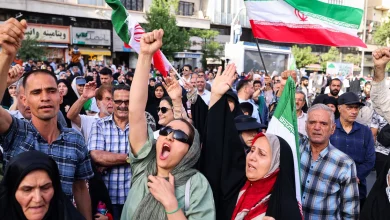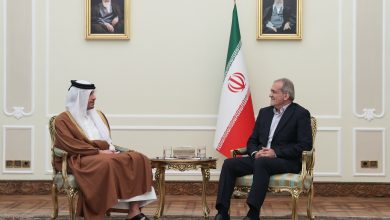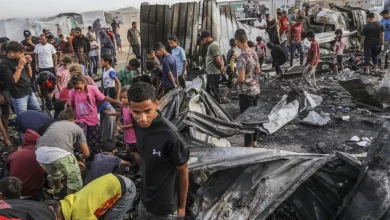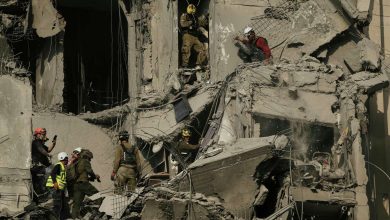Hamas dismissed Israel’s call for the “complete demilitarization” of Gaza
The Palestinian group Hamas has categorically dismissed Israel's demand for the total disarmament of the Gaza Strip, signaling ongoing tensions in the region.
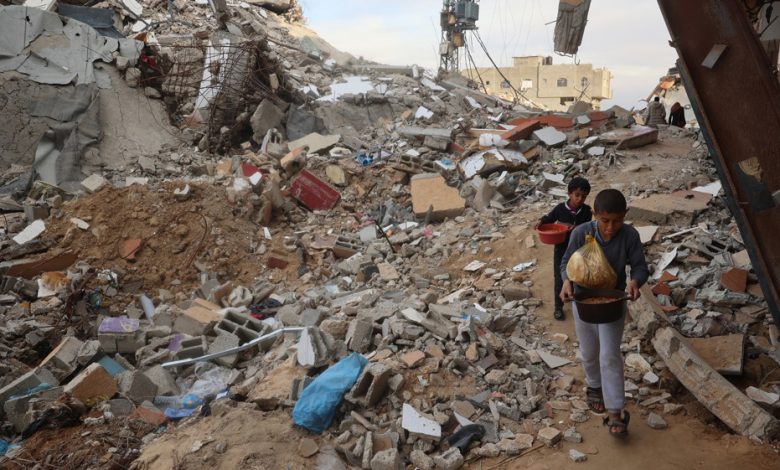
Sami Abu Zuhri, a spokesperson for Hamas, has emphatically stated that disarmament remains a non-negotiable stance for all resistance factions operating within the blockaded region.
A Hamas representative issued a statement Tuesday following Israel’s announcement that its prerequisite for advancing to the second phase of the January ceasefire agreement is the complete demilitarization of the Gaza Strip.
Zuhri firmly stated that discussions regarding the disarmament of the resistance are unfounded, emphasizing that the armaments held by Hamas and various resistance groups are considered non-negotiable and beyond compromise.
At a press conference earlier today, Israeli Foreign Minister Gideon Sa’ar called for the complete demilitarization of Gaza and the return of hostages as prerequisites for moving forward to the second phase of the ceasefire agreement.
During a press briefing, Sa’ar stated, “We have not yet reached an agreement on the second phase. Our demands include the complete demilitarization of Gaza, the removal of Hamas and Islamic Jihad, and the return of our hostages.”
He stated that if Hamas consents to these conditions, the agreement could be executed as early as tomorrow.
Hamas has stated that any additional release of Israeli prisoners will only be feasible following the initiation of the second phase of ceasefire negotiations concerning Gaza.
On March 1, Hamas spokesperson Hazem Qassem dismissed an Israeli proposal to prolong the initial stage of the ceasefire. Qassem urged the international community to exert pressure on Tel Aviv to advance to the second phase in accordance with the original plan.
On October 7, 2023, Israel initiated a significant military operation in the Gaza Strip following an unprecedented attack by Hamas. The escalation came in response to what Hamas described as intensified actions by Israel against Palestinians, marking a new chapter in the ongoing conflict.
The government has not met its stated goals of liberating hostages and dismantling Hamas, even after military operations resulted in the deaths of over 48,000 Palestinians, a majority of whom were women and children, in the Gaza region.
Israel has agreed to the longstanding negotiation terms set forth by Hamas, as part of a truce that commenced on January 19.
The newly established ceasefire agreement, structured in three phases, mandates that both parties engage in indirect negotiations to finalize the specifics of additional exchanges.
During discussions for the second phase, it was anticipated that a permanent ceasefire would be enacted, and Israeli forces would undertake a full withdrawal in conjunction with the release of the remaining captives.
Israeli Prime Minister Benjamin Netanyahu has stated that the current agreement constitutes a temporary ceasefire, emphasizing that the nation’s military retains “the right to return to fighting” at a later time.


